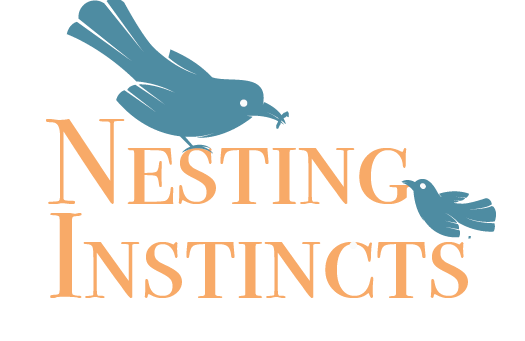What is a doula and what does she do?
The word "doula" comes from the ancient Greek meaning "a woman who serves" and is now used to refer to a trained and experienced professional who provides continuous physical, emotional and informational support to the mother before, during and just after birth; or, who provides emotional and practical support, nursing education and support and child development information and referral during the postpartum period.
What are the benefits of using a doula?
Research evidence shows that the quality services of a postpartum doula can ease the transition that comes with the addition of a baby to a family, improve parental satisfaction and reduce the risk of mood disorders.
Numerous clinical studies have found that a doula’s presence at birth:
tends to result in shorter labors with fewer complications
reduces negative feelings about one’s childbirth experience
reduces the need for pitocin (a labor-inducing drug), forceps or vacuum extraction and cesareans
reduces the mother’s request for pain medication and/or epidurals
Research shows parents who receive support often:
Feel more secure and cared for
Are more successful in adapting to new family dynamics
Have greater success with breastfeeding
Have greater self-confidence
Have less postpartum depression
Have lower incidence of abuse
Types of Doulas
The Birth Doula:
Recognizes birth as a key experience the mother will remember all her life
Understands the physiology of birth and the emotional needs of a woman in labor
Assists the woman in preparing for and carrying out her plans for birth
Stays with the woman throughout the labor
Provides emotional support, physical comfort measures and an objective viewpoint, as well as helping the woman get the information she needs to make informed decisions
Facilitates communication between the laboring woman, her partner and her clinical care providers
Perceives her role as nurturing and protecting the woman's memory of the birth experience
Allows the woman's partner to participate at his/her comfort level
The Postpartum Doula
What a postpartum doula does changes from day to day, as the needs of the family change. Postpartum doulas do whatever a mother needs to best enjoy and care for her new baby. A large part of their role is education. They share information about baby care with parents, as well as teach siblings and partners to “mother the mother.” They assist with breastfeeding education and provide support in this work. Postpartum doulas also make sure the mother is fed, well hydrated and comfortable. The postpartum doula is well-versed in symptoms of postpartum depression and other critical issues of this intense period of a family's life. I provide information about local resources as well as referral to services you may need.
A postpartum doula may do some or all of these things:
Overnight care (8 hour minimum)
Daytime care (4 hour minimum)
Breastfeeding/bottle seeding support and assistance
Newborn care guidance and assistance
Bathing, diaper changes, swaddling, picking up on babies cues, developmental milestones, sleep, etc.
Physical support & tools to aid in recovery after vaginal birth or C-section
Light housekeeping
Laundry, light meal preparation
As a postpartum doula, you may want me to come during the day for several hours to assist you or at night to help you catch up on rest.

